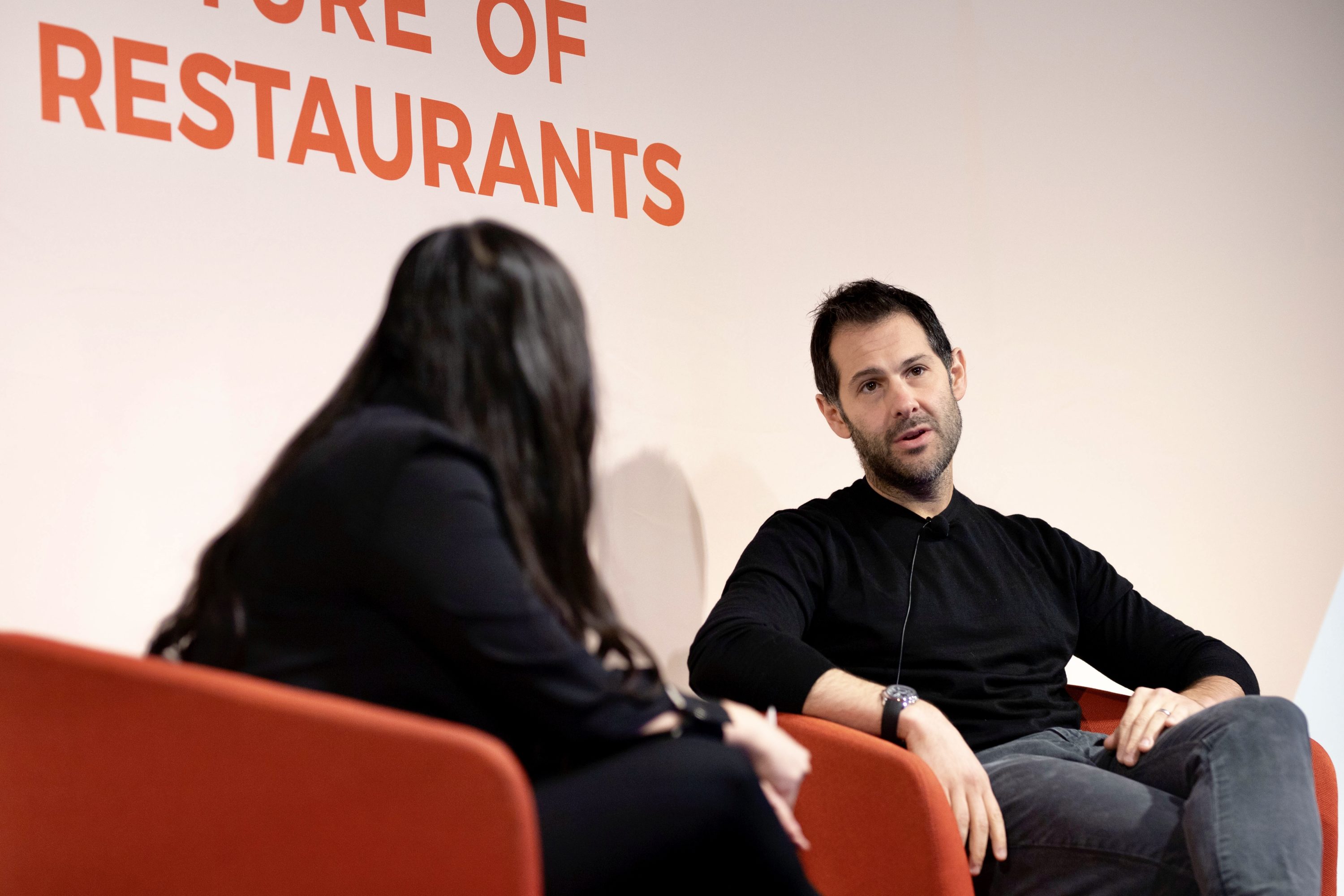Resy CEO Ben Leventhal on Restaurant Tech’s Connected Future

Photo Credit: Ben Leventhal, CEO and co-founder Resy, at Skift Restaurants Forum. Skift Table
Skift Take
Resy wants to solve the technical problems that frustrate the people running restaurants. Personalization is one thing, but the real value will be created by software platforms that talk to each other.


